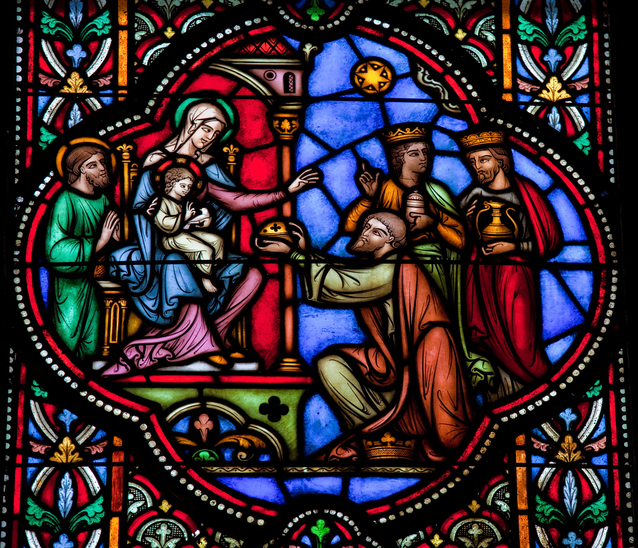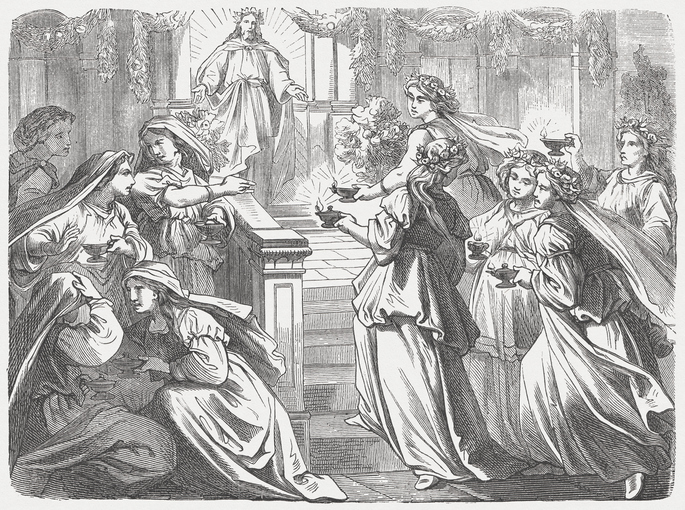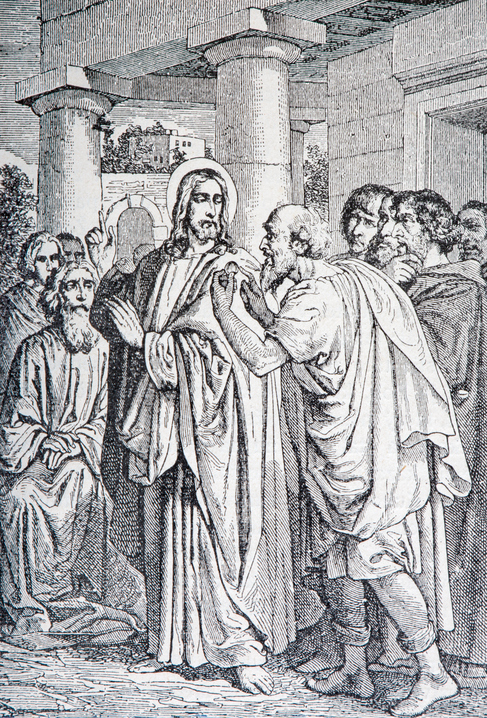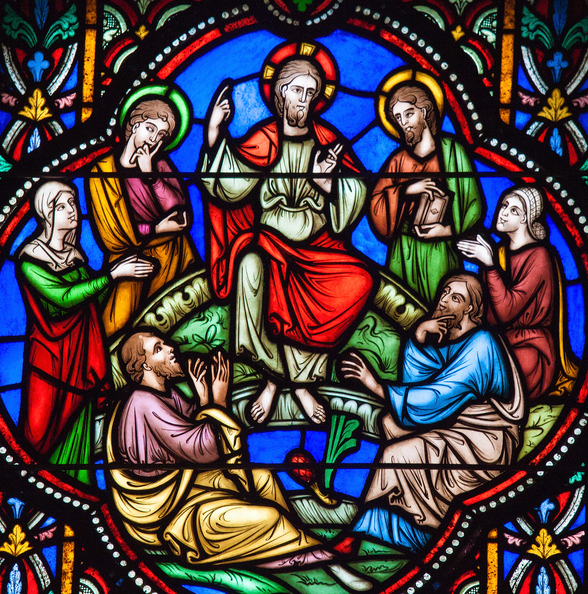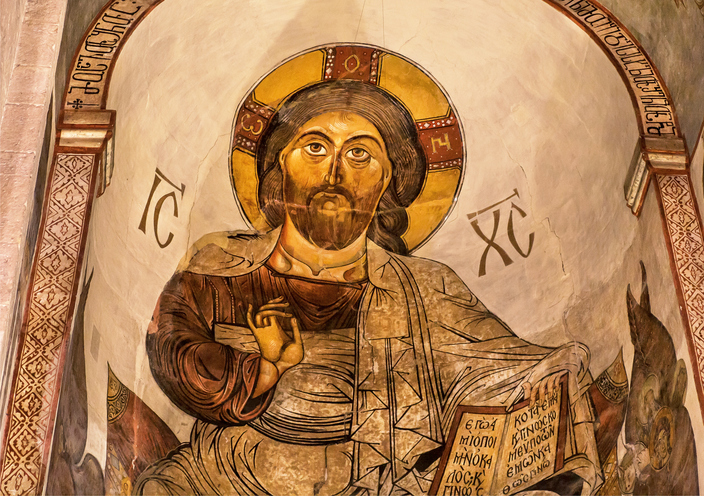
Source: iStockphoto.com
You can see all the lectionary readings for the Proper 21, Year A by clicking here. I have chosen to discuss the passage from the Gospel of Matthew.
Jesus has returned to Jerusalem. While Jesus is walking in the Temple area, some religious leaders come up to him and ask him what authority he has to do these things (these things meaning his main activities of teaching and healing and forgiving).
As he so often does, Jesus responds to a question with a question. There’s a nice teaching tip for teachers out there–challenge your students with a question in response. It’s what my favorite professor often did.
“I will ask you a question too. If you answer me, then I will tell you what authority I have to do these things. Tell me: When John baptized people, did his authority come from God, or was it only from other people?”
Matthew 21:24-25 (Easy-to-Read Version)
The leaders didn’t know how to respond. They knew if they said that John’s authority was from God, he would ask why they didn’t believe John, but if they claimed it wasn’t from God, the people would be angry because they revered John.
Tricky question, so they said they didn’t know.
So Jesus tells them that he won’t tell them who gave him the authority.
Jesus follows this up with another vineyard parable. This one has a vineyard owner with two sons. He tells one to go and work in the vineyard. At first he refuses to go work, but later he goes. Then he tells his other son to go and work in the vineyard. That son says he will go work, but he doesn’t go. Jesus asks which of the sons obeyed their father. The religious leaders responded that it was the first son.
Then Jesus slams him with some hard truth. (This is the kind of story that really makes me love Jesus.)
“The truth is, you are worse than the tax collectors and the prostitutes. In fact, they will enter God’s kingdom before you enter. John came showing you the right way to live, and you did not believe him. But the tax collectors and prostitutes believed John. You saw that happening, but you would not change. You still refused to believe him.”
Matthew 20: 31b-32 (Easy-to-Read Version)
Jesus is comparing them to the outcasts of their society. They think they are the most correct and religious, but they are actually worse than the worst. In fact, those they think are the worst are closer to God than they are, because they believed in John and repented, while the leaders would not change.
How is this relevant to us today? Don’t be caught up in your religious trappings and believing your way is the best way. Be open with your heart and open to change from God.

